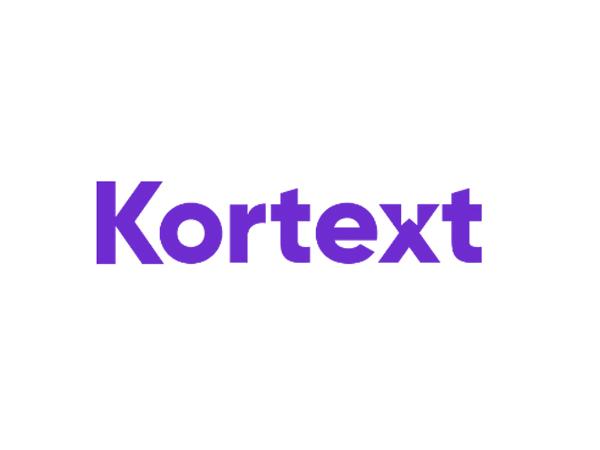
Harnessing the power of data to drive student success

Higher education’s digital transformation presents universities with unprecedented amounts of data. Institutions have never known more about how their students engage with university services and when – and, crucially, when they do not engage at all. But if higher education is to maximise the potential of this data, it has to make sense of it.
Universities need holistic systems informed by data collected from the entire institution. Speaking during a panel hosted by Kortext and Solutionpath at THE’s 2024 Digital Universities UK event, Janice Kay, special advisor to the vice-chancellor at the University of Exeter, said integrated and interoperable systems were “absolutely crucial” for providing a consistent student experience at scale. The data insights they offered could drive deeper learning engagement and ultimately better student outcomes.
“That is why learning engagement is at the heart of the Teaching Excellence Framework,” Kay said. “We have to identify students who are becoming disengaged as early as possible by using analytics. Other traditional metrics such as personal tutor meetings and attendance are simply too slow and too labour intensive.”
Kay cited Teesside University as a success story. Teesside has personalised student dashboards via StREAM that monitor engagement through tutorial records, attendance, engagement with library resources and online interactions. This allows Teesside to deliver swift, data-led one-to-one interventions via a team of student success tutors.
The speed of intervention is critical, particularly for newly enrolled students. “We can’t expect that they understand how to actually be a student,” said Simon Rimmington, director of the foundation year at Keele University. “It is an alien environment to many of them and there are lots of other challenges that are going on.”
Rimmington said the first two weeks on campus are crucial. Low engagement can stem from something as simple as a lack of access to a university system or a more fundamental issue, such as accommodation or the time pressures from student employment. He said digital platforms such as StREAM are giving universities the data they need to support more diverse cohorts and to make earlier interventions if necessary.
“What we are looking at is using this data in real time, being able to do things in time for the student to make a difference and not be reactive,” Rimmington said. “A lot of things that happened in the past, especially in the past few years, was being reactive to student failure.”
Robin Gibson, director of external affairs at Kortext, urged universities to think about the entirety of the student journey and use data to design a holistic student experience. When the Kortext and Solutionpath platforms were merged in September 2022, it was to create an end-to-end solution for universities that did exactly this.
“You can really start to see in detail how students are engaging with their studies and with other points of contact across the university,” Gibson said. This technological intervention can facilitate more nuanced human conversations about engagement between staff and students, and hopefully better student outcomes.
The panel:
- Robin Gibson, director of external affairs, Kortext
- Janice Kay, special advisor to the vice-chancellor, University of Exeter
- Rachel Maxwell, principal adviser (academic, research and consultancy), Solutionpath
- Simon Rimmington, director of the foundation year, Keele University
Find out more about Kortext and Solutionpath.

